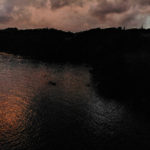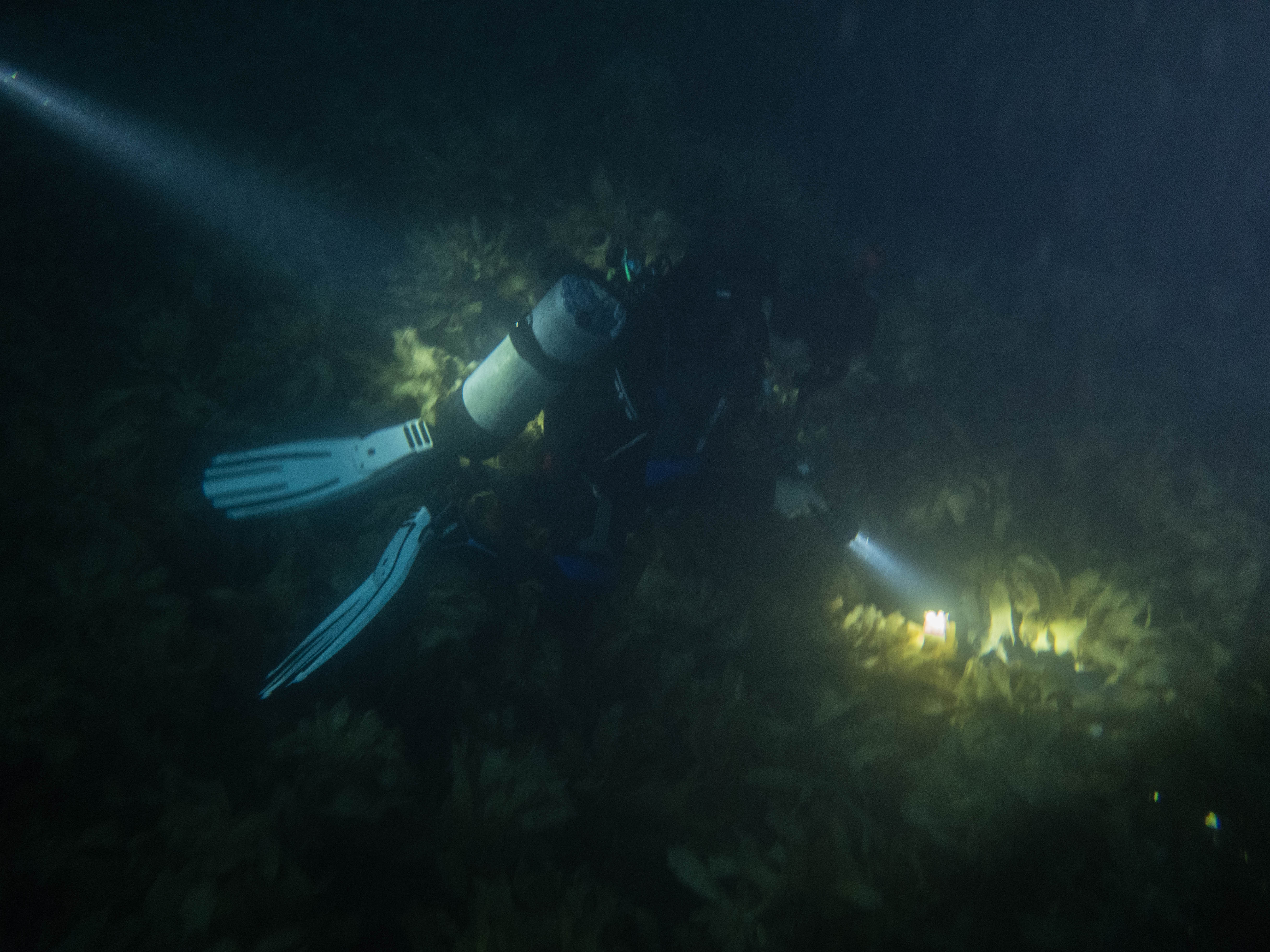Night diving can be the terrifying prospect for new divers and even experienced divers. It's
always exciting to take a group out Night Diving for the first time because the van is always
quite on the trip to the dive site as there is always a little bit of ( or a lot) or nerves as the
anticipation for night diving builds. Incredible though is those same quite voices as you swim
back in after the dive as the divers come alive within what they have seen and that there was
nothing to be afraid of.
What makes Night Diving so special.
During the day it would be safe to say that Fish life is king underwater. Heading up to goat
island the schools of swim past and when you look behind you there is always at least one
(but more often more) Snapper swimming behind you but at night you get a different show.
As you swim over the rocks at Matheson Bay you will notice Eels swimming along the bottom
as they move among rocks and cracks and New divers suddenly get their buoyancy under
control when they look out on a sandy patch and see a Snake Eels with its head sticking out
of the sand and then when you shine your torch on it they barrow there way back into the
sand.
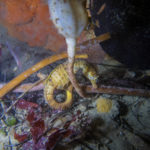
At night you can also spot Seahorse more easily and quickly as compared to the day as they
blend in with the seaweed but on a night dive they are 1) more active an 2) easy to spot as
when you shine a light on them they stand out. Octopus are Nocturnal creatures who hid in
cracks during the day but you can watch them run across the sand or swim around during a
night dive.
Who can do Night Diving?
Night Diving is open to all Open Water Divers, We run a club night dive every month which
always has at least One Night Specialty instructor running it so that even new divers can
experience a night dive as safely as possible. We recommend heading out with an Instructor
on your first dives as there as some special equipment and techniques to make night diving
as enjoyable as possible.
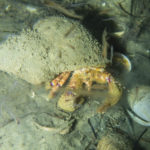
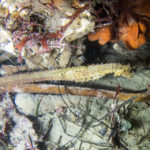
What additional Equipment do you need?
The key piece of equipment you need for night diving is a good underwater torch. I
recommend a rechargeable torch as I have spent 100’s of dollars on Batteries as I use to
own a torch that took 8 AA Batteries which I would only get 1-night dive out off.
Rechargeable torches to cost a little more upfront but are worth it in the long run. You also
want to consider a smaller secondary torch which you can put away in your BCD pocket in
case you have any issues with your primary torch.
We also position a couple of torch pointing towards the entry and exit area to help with
finding your exit point at the end of a dive. Some dives sites are really good as they have
street lights right at your exit point.
Some final thoughts about night diving, you can generally get better air consumption on a
night dive then a day dive as you naturally move slower around your dive sites. Plan to do a
1 long dive at your chosen site rather than 2 shorter diver or get there in the late afternoon
and do a scouting dive before sunset and then your night dive. You will likely get could
between dives as you have no natural warmth from the Sun on your surface interval. So go
out and join your local dive club and head out with them for a night dive the excitement of
night diving is be shared with a group.
